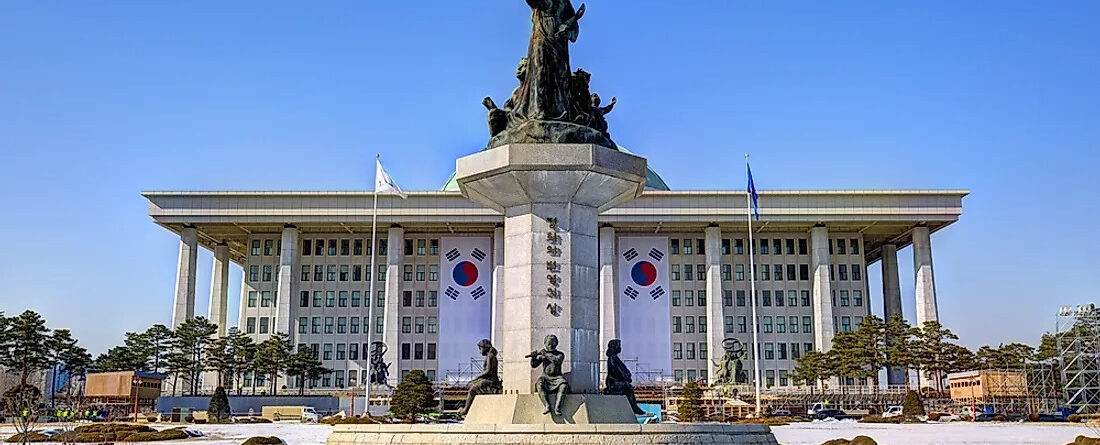South Korea. At stake is how to reach consensus on contentious issues
The government has finally set about to reform the four major public pensions. In a policy briefing to President Yoon Suk-yeol last Friday, the Ministry of Health and Welfare said it would integrate the national pension with the three occupational pensions ― for public servants, veterans and teachers. It will then link them to the basic pension for people aged 65 and older. The ministry plans to complete the national pension’s financial calculation by next March and submit a comprehensive operational plan, including related amendment bills, to the National Assembly by October 2023.
Running four different public pensions together with varying premiums and annuity rates is desirable. The occupational pensions’ financial situations are far worse than the national pension’s. However, the government has been reluctant to address the problem for fear of vehement opposition from retired government employees, teachers and soldiers. Moreover, there is a serious problem regarding equity and fairness: the public must pay several trillion won in taxes a year for their post-retirement life.
However, even the parametric reform to make people pay more into and receive less from the national pension remains in a sluggish state. It will be even more difficult for the government to integrate the public pensions’ finances and restructure their operational scheme. For instance, soldiers currently receive a pension upon discharge after serving 20 years. If the government tells them to wait until they get to 65, few soldiers will accept it.
This situation notwithstanding, public pension reform cannot and should not be delayed any further. The government and the ruling party must start as soon as the new administration can push through the opposition of vested interests. Bureaucrats and politicians should cooperate closely to devise an elaborate strategy to persuade pensioners and induce their consensus. The Assembly must play a pivotal role in the reform drive. When it comes to pension reform, there can be no division between progressives and conservatives and between the governing and opposition parties.
Read more @The Korea Times
327 views










